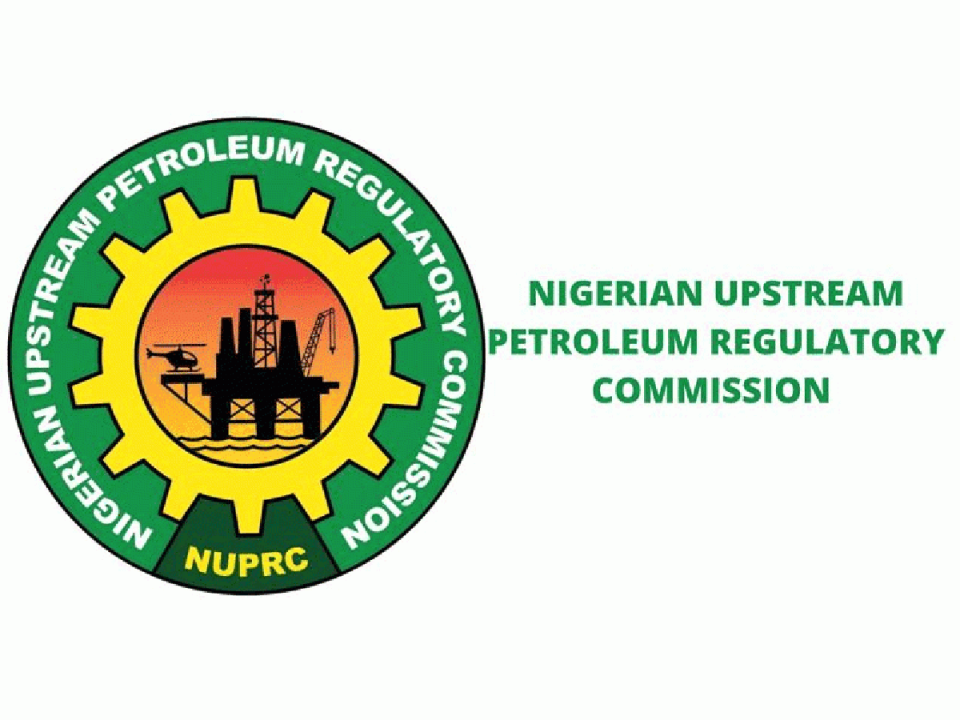NUPRC rolls out new regulations to enhance upstream operations
The Nigerian Upstream Petroleum Regulatory Commission (NUPRC) yesterday signed on seven new regulations to enhance the operations in the upstream oil sector.
Speaking yesterday at the signing ceremony, Chief Executive Officer, Nigerian Upstream Petroleum Regulatory Commission (NUPRC) , Gbenga Komolafe, said the seven regulations were part of the 13 draft regulations that were presented for discussion during the 1st, 2nd and 3rd phase of the commission’s consultations with stakeholders between 2022 and 2023.
The seven laws include: Upstream Petroleum Fees and Rents Regulations Upstream Decommissioning and Abandonment Regulations; Unitisation Regulations Acreage Management (Drilling & Production) Regulations; Frontier Exploration Fund Administration Regulations; Upstream Environmental Remediation Fund Regulations; Upstream Petroleum Safety Regulations; Upstream Petroleum Environmental Regulations; Upstream Petroleum Measurement Regulations; Advance Cargo Declaration Regulations; Significant Discovery Regulations; Domestic Crude Oil Supply Obligation; and Regulations Gas Flaring and Venting (Prevention of Waste and Pollution) Regulations.
Komolafe explained that the Production Curtailment and Domestic Crude Oil Supply Obligation Regulations, 2023, which coincidentally is coming into effect at the time that the 650, 000 barrels capacity Dangote Petroleum Refinery in Lagos is coming on stream would ensure adequate supply of crude oil feedstock to the nation’s rapidly expanding refining industry.
He noted that the draft regulations were subsequently forwarded to the Attorney-General of the Federation and Minister of Justice for vetting, legislative standardisation and approval.
The NUPRC boss observed that this will close the metering gap in upstream petroleum operations; encourage accelerated meter rollout in upstream petroleum operations; encourage the development of independent and competitive meters used in the Upstream; attract private investment in the provision of metering services and provide for the regulation of the measurement of petroleum produced.
Komolafe noted this regulation will provide the general rules for production curtailment and utilisation of the produced petroleum in relation to export and domestic crude oil supply obligation pursuant to sections 8(c) and 109 of the Act.
He also explained that the Frontier Basins Exploration Fund Administration Regulations, 2023 will also provide the general rules for the exercise of the Commission’s responsibilities with respect to frontier basins in Nigeria pursuant to section 9 of the Act and the administration of the Frontier Exploration Fund.
He said the aim was to encourage and attract investment to the frontier basins in Nigeria.
Komolafe said the Nigeria Upstream Decommissioning and Abandonment Regulations 2023 seeks to ensure that decommissioning and abandonment activities are conducted in accordance with good international petroleum industry practice.
The regulations, he said, also set the framework for the establishment and administration of a decommissioning and abandonment fund.
He said the Significant Crude Oil and Gas Discovery Regulations, 2023 would ensure optimum exploitation of petroleum covered by Petroleum Prospecting Licenses, granted under the Act, by the retention of areas of significant crude oil discovery and significant gas discovery by a licensee for specified time in accordance with section 78 of the Act.
On gas flaring, Venting and Methane Emission (Prevention of Waste and Pollution) Regulations, 2023, he said it seeks to reduce environmental and social impact associated with gas flaring and venting of natural gas and fugitive methane emissions into the atmosphere.
He added that it preserves and protects the environment; prevents waste of natural resources; and enhances energy transition in Nigeria.
He said it would create social and economic benefits from gas flaring and venting; and set out the procedure for the Commission to exercise its rights to take gas at flare point in accordance with the Act and all other applicable laws.
According to him, the Nigeria Upstream Petroleum Unitization Regulations, 2023 establishes rules, principles, and procedures for the implementation of unitisation of oil and gas from a petroleum reservoir that extends beyond the boundaries of a licence or lease area into an area to which another licence or lease relates.
He added that these seven regulations being signed today represent a significant milestone achievement for the Commission in it continues stride towards the attainment of the goals of the PIA and the reformation of the upstream petroleum sector.
According to him, all the regulations are revolutionary in nature aimed at providing a regulatory environment that assures efficiency, predictability, clarity, and effectiveness to the industry in the discharge of the Commission’s mandate.
He noted these regulations are significant in line with the recent happenings in the oil and gas industry.
Komolafe said the Nigeria Upstream Petroleum Measurement Regulations, 2023 heralds a new approach in the regulation of petroleum production accounting process for fiscalisation purposes in the sector.
The CEO it will ensure flawless measurement of petroleum production in an efficient, accurate, error free and standardized manner eliminating errors in production accounting and ensure enhanced revenues for the government and the holders of Petroleum Prospecting Licences and Petroleum Mining alike



